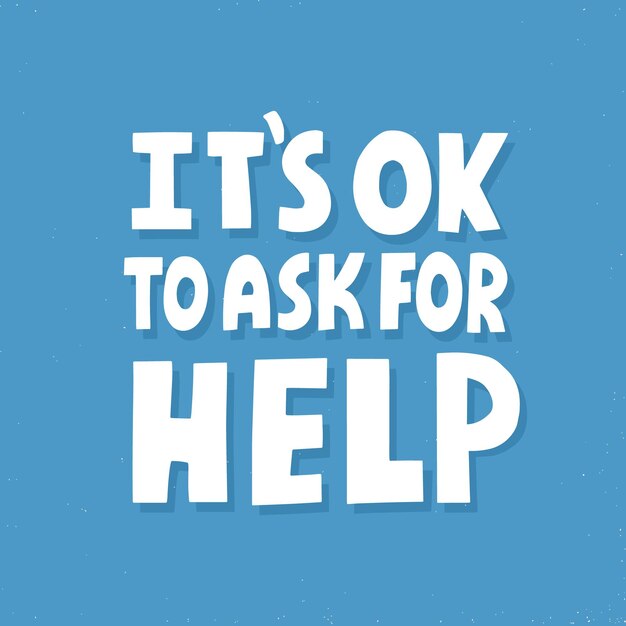*Reviewed by a licensed clinical psychologist
According to The Center for Disease Control, more than 20 percent of teens have seriously considered suicide. It has been increasing, now becoming the third leading cause of death for teenagers 12 to 19. In order to reduce these alarming rates, everyone can play a role, even students.
One thing both students and teachers can do is look for common warning signs. It is important to note that not all people who are suicidal exhibit these signs. A few examples of warning signs to look out for include: the person is talking about feeling unbearable pain, death, or feeling hopeless or worthless. They may express feeling guilt or shame, or feeling like they are a burden to others.
In addition, if the person has engaged in prior suicide attempts, they are at higher risk of attempting again. Other behavioral signs include: an increase in their drug or alcohol use, loss of interest in their appearance or hygiene, withdrawal from their friends and family, saying goodbye to friends or family, and/or giving away possessions that they love.
If you notice any of these signs, it is okay to ask the person if they feel like they want to hurt or kill themselves. If they tell you that they are thinking about harming themselves, have plans to attempt suicide or act in a way that makes you concerned about their safety, act immediately. Walk with your friend to the Wellness Center and make sure they get immediate assistance. If you are in a situation without access to adult help, you can call 911 to get immediate assistance.
Many people may feel depressed and have passive suicidal thoughts. They may think about dying without a plan or intent to act on it. If that is the case, seeking professional help from a counselor or therapist to learn coping skills can be very helpful. We have all unfortunately been confronted by the reality of suicide at our school. Experiencing the loss of a peer to suicide can put vulnerable people at risk. If you are feeling hopeless or are noticing any of the signs listed above in yourself, please reach out to a teacher, counselor, or school staff to get help.
If you are grieving, know that there is no right or wrong way to do so. You may feel sad or angry. You may feel guilty about experiencing happiness or joy. Know that your feelings are valid and there are some simple ways to cope such as taking deep breaths, exercising, talking to people who can support you and engaging in activities you enjoy.
You are loved. Your life is worth living. If you are concerned for a friend, reach out. If you feel any of these things, reach out. No matter what you are feeling at this moment in time, your feelings are completely valid. Whether it be sad, angry, or even nothing at all, you are valid in those feelings and you should never feel guilty for feeling them.
The number for the local County Mental Health Crisis Intervention Center is 909-458-9628. The number for the national suicide hotline is 988. If you ever have thoughts of hurting or killing yourself, call these numbers. You should never be afraid to ask for help when you need it the most.

